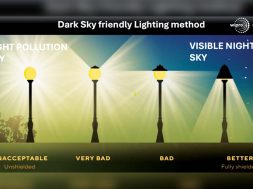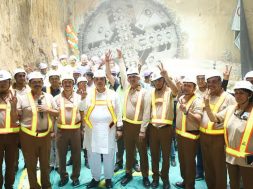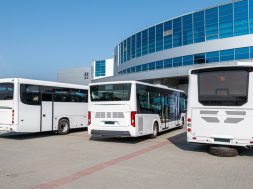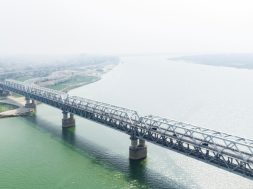Need for stronger infra, policies for faster implementation
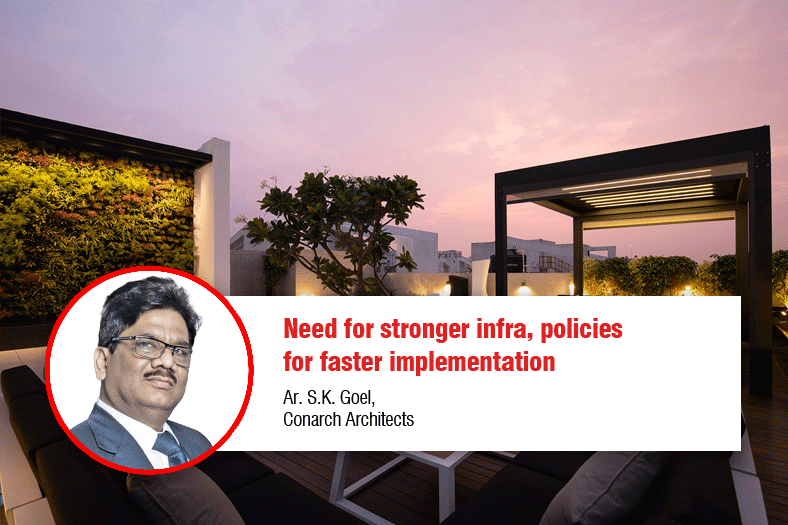
The construction industry calls for embracing advanced techniques for building smart and sustainable infrastructure. Managing overall efficiency is becoming increasingly challenging given that systems, like energy, transportation, building management, waste management, among others, have been operated more or less independently, says Ar. S.K. Goel, Conarch Architects.
What are the major challenges faced while developing smart cities?
One of the major challenges in development of smart cities is the mobilisation of huge finances for government. State and urban local bodies play a supportive role but funding and using a strategy for area-based development is a challenge. The government might consider public -private partnership (PPP) for a solution.
The plan is to convert existing small and big cities into smart cities, but issue with retrofitting existing cities is the inadequate input. Additionally, study of master plans of cities when unavailable for more than 80 per cent of the cities, is also a road block.
We cannot introduce technology when cities lack basic infrastructure like water-supply connections, 50 per cent of urban areas do not have, according to a survey Basic issues like electricity, sewage and water-supply needs to be solved before advancing into technology.
How smart cities are leveraging construction activities in Indian cities?
Smart cities will be lucrative for construction industry offering leading indicator projects, thereby resulting in more jobs and profits. Smart buildings are vital ingredient of these cities, and that’s where construction industry has a major role to play. For this, the industry needs to start evolving and embracing advanced construction techniques for smart and sustainable buildings.
What is the suitable approach for urban accommodation in smart cities?
The first step should be to strengthen the basic infrastructure and civic services that is robust because current infrastructure and government policies are not enough to sustain programs like smart cities.
Vertical urbanism has the potential to fulfil the smart city requirements. Skyscrapers can be incorporated with parks, open spaces, offices in a single building. Mixed use projects however require prudent design given their scale and variety of use.
Transit-oriented development as an urban growth strategy is promoted under smart cities as a legitimate and effective guide for the future growth of cities. It is also identified as a strategy in the area-based developments to the pressing problems of urban mobility and several other challenges the cities are facing.
How do you look at technology, products and solutions available for building world-class smart cities in India?
Cities need to start using technology to find innovative solutions to some of their most pressing urban challenges that a lot of smart cities like San Francisco, Denver are already achieving. There needs to be a lot of public and private policies to receive funding and resources and therefore an opportunity to invest into technologies. This can provide municipality a means to address issues and affect a greater segment of the city.
Traditionally, a host of systems that have been in use to serve a community, be it energy, transportation, building management, waste management, and more, have been operated more or less independently, making it difficult to manage the overall efficiency. Our resources need to be managed holistically to meet our community’s most pressing needs.
What are the existing and emerging trends in designing smart cities?
We’ve been using technology and smart devices to share data, smart cities are using same technology to share real-time data by connecting their utility, infrastructure and public services.
The city of future has to be a connected one where data can be shared easily with people and municipality. Like sensors for transport congestion, managing of energy usage and controlling carbon emissions, monitoring of wastewater and water levels to insure infrastructure is working properly, help companies analyse water and power consumption to work efficiently, apps that could give the drivers data about the availability of parking spaces, and of course a reliable internet ecosystem that glues the working of all these things and help improve the quality of living.
Transit-oriented development as an urban growth strategy is promoted under smart cities as a legitimate and effective guide for the future growth of cities.
Ar. S.K. Goel, Conarch Architects
Cookie Consent
We use cookies to personalize your experience. By continuing to visit this website you agree to our Terms & Conditions, Privacy Policy and Cookie Policy.
